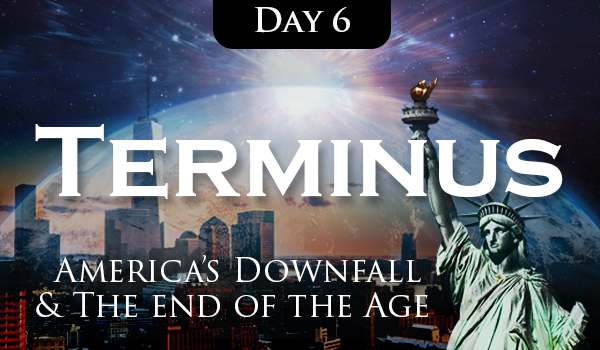
Blessed is the nation whose God is the Lord,
the people he chose for his inheritance.
Psalm 33:12
As we look at America, let’s briefly go back and survey history. From Christopher Columbus to the early settlers to our “founding fathers”, most called themselves Christians, although they were all far from perfect. They made mistakes along the way, such as the mistreatment and massacre of Native Americans, entrenching the unbiblical and ritualistic practices of freemasonry, and the abomination that was slavery. Even worse, all these errors were often carried out in Jesus’ Name. So, we should not venerate the founders more highly than we ought.
Still, as believers, we can admire their overall desire to put God at the center. From Columbus’s first arrival to the Declaration of Independence, there was recognition of the blessings and rights endowed by our Creator. As a result, God has blessed this nation for many years. But His blessing is conditional upon our obedience to His will. Should our nation turn its back on Him, He, in His loving mercy, will correct us and eventually judge us in order to bring repentance and revival.
Now to the topic at hand. Here is the First Amendment to the Constitution:
Congress shall make no law respecting an establishment of religion,
or prohibiting the free exercise thereof; or abridging the freedom of speech,
or of the press; or the right of the people peaceably to assemble,
and to petition the government for a redress of grievances.
The first statement of this amendment is called the Establishment Clause. Many believe its original intent was to prohibit the establishment of a single national church or denomination over others. Many of the early settlers were fleeing religious persecution in their native countries, and wanted the freedom to worship someplace other than under an official church or denomination.
The popular phrase, “the wall of separation between church and state”, doesn’t actually appear in any founding documents. Thomas Jefferson wrote it in a private letter to Baptists in Connecticut in 1802 to reinforce the fact that a national denomination of Christianity would not be chosen. In 1947, however, the Supreme Court, specifically Justice Hugo Black, removed these eight words from their context (proof texting) and used them to redefine the Establishment Clause.
To this day, all manner of politicians and voters quote the phrase almost religiously and in the context of the church not interfering with the state, not the other way around. The saying has been completely turned upside down to mean the exact opposite of how Thomas Jefferson intended it. How incredibly unfortunate and potentially fatal for our nation.

My pet peeve! “Separation of church and state” always makes me cringe. It has been misused for generations.